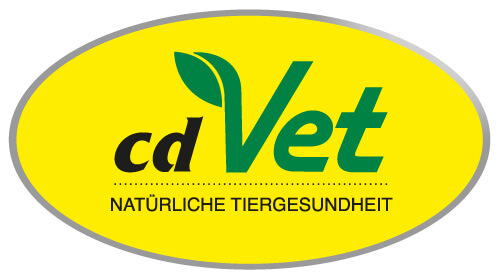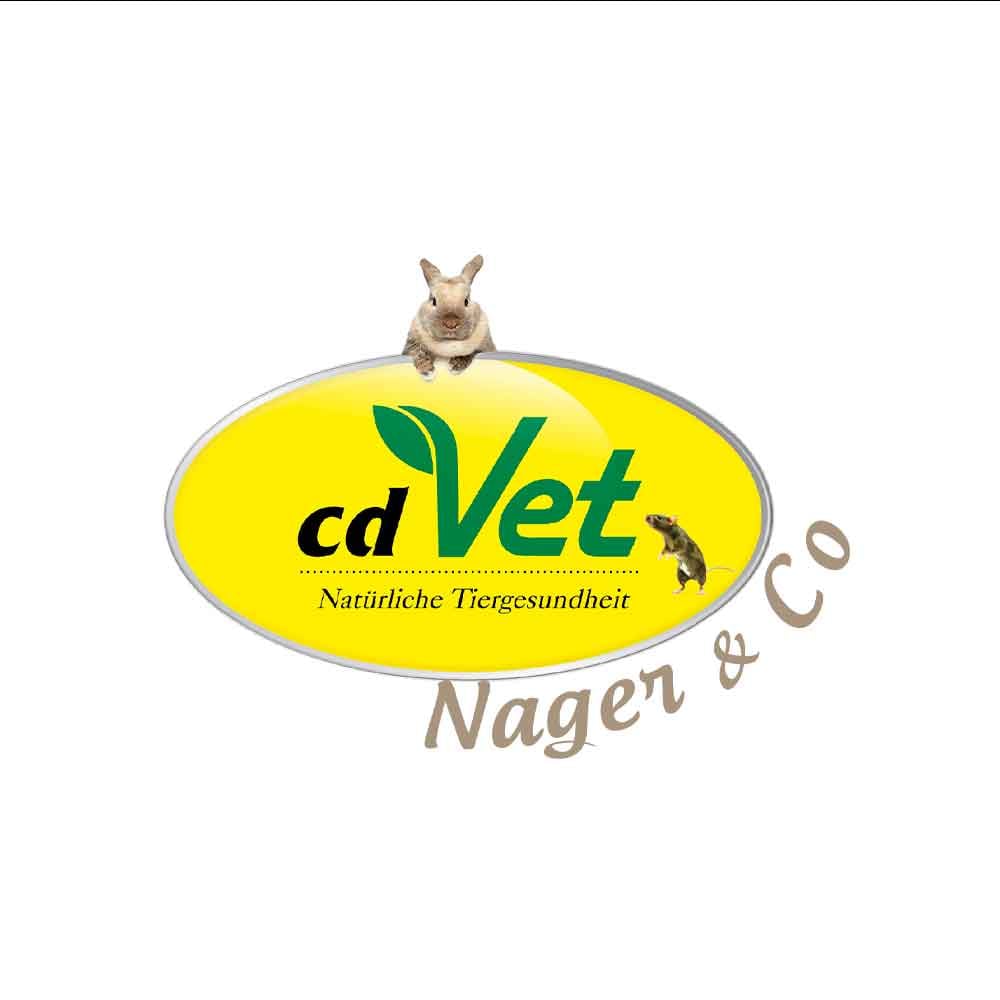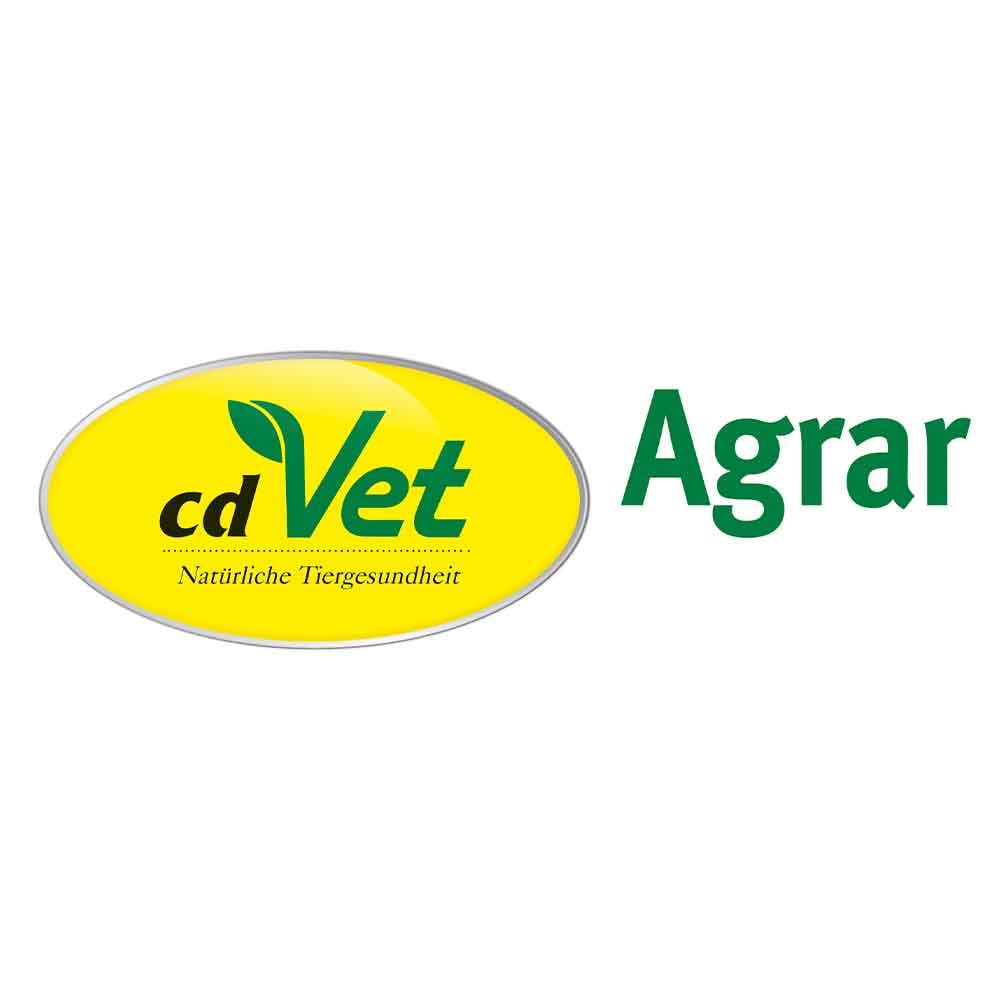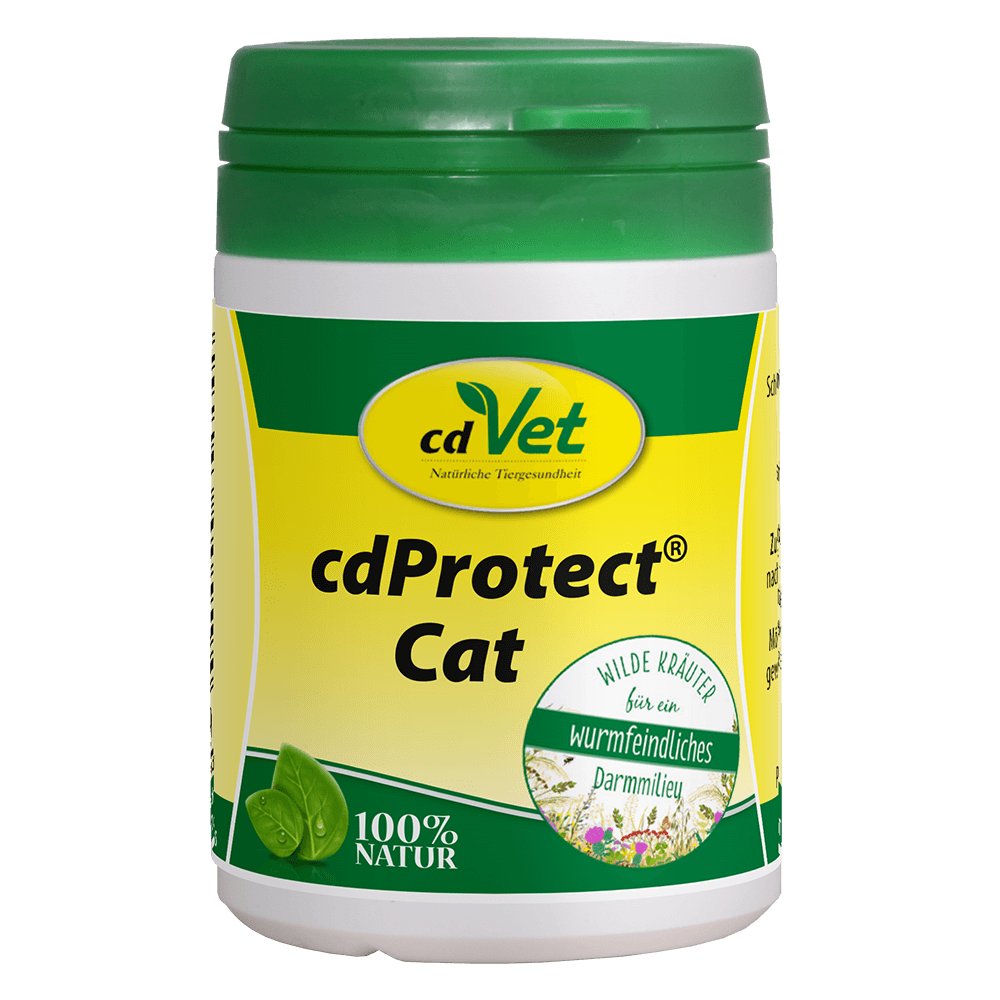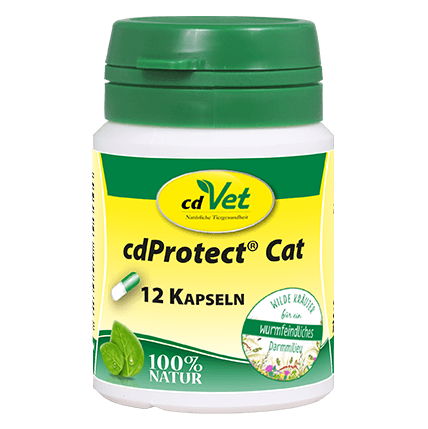
The new wild ones – herbs for an intestinal environment hostile to worms
The products were developed for the special nutritional needs that arise in connection with worm infestation. The lack of herbal ingredients such as saponins, bitter substances and tannins can lead to a susceptibility to excessive worm infestation in our pets. In contrast to their counterparts living in the wild, they often do not have the opportunity to absorb the substances mentioned through plants and herbs. But it is precisely these substances that help their wild relatives to avoid excessive worm infestation through a healthy diet.
In order to have fewer reasons for chemical worming treatments (medicines), the animal's intestines should be supported with appropriate herbs. In addition to a balanced diet, you can achieve this with the occasional addition of these products, which can compensate for the lack of herbal ingredients such as saponins, bitter substances and tannins. In addition, many parasitology experts recommend checking the animal's worm population by regularly monitoring its stool samples.
Content: 0.025 Kilogramm (€628.40* / 1 Kilogramm)
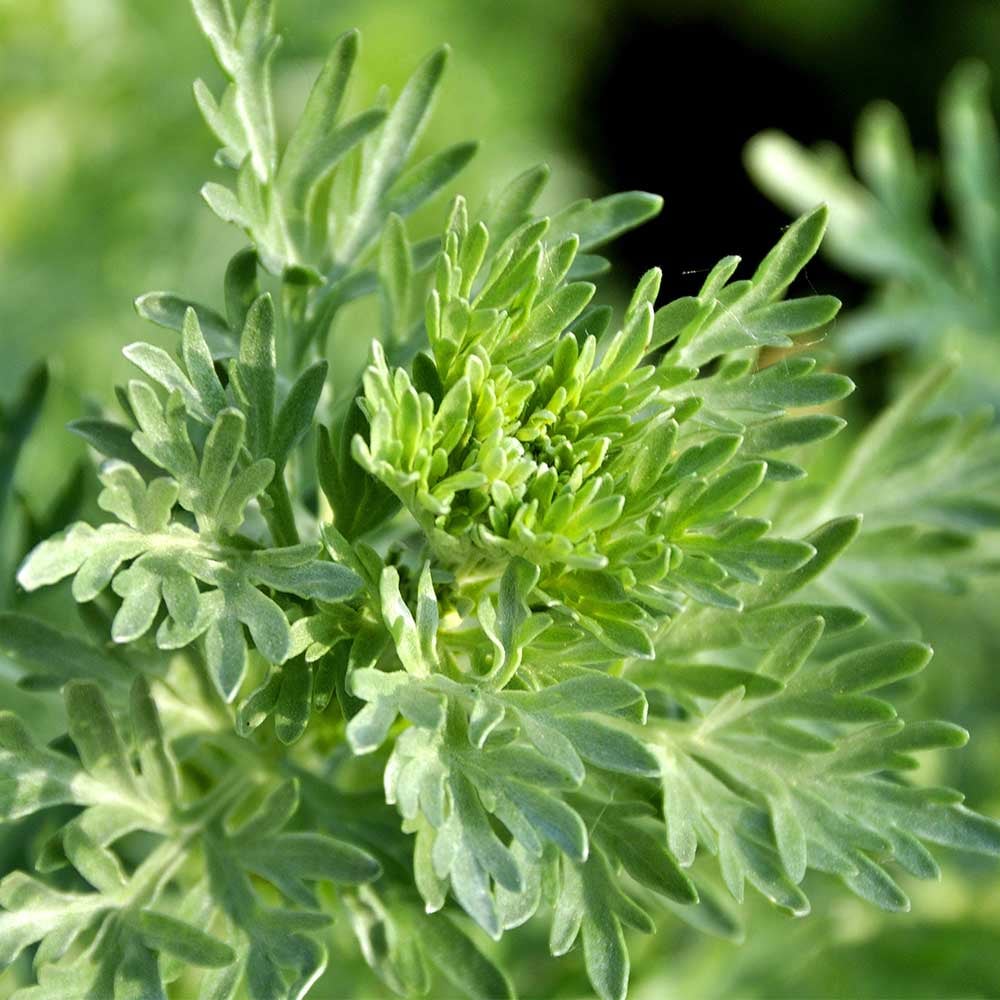
Wormwood
Artemisia absinthium is also known as wormwood in English. The herb contains primarily bitter substances as its main ingredients. This includes absinthin, which gives the alcoholic drink it its name. The bitter substances it contains can have a beneficial effect on digestion.
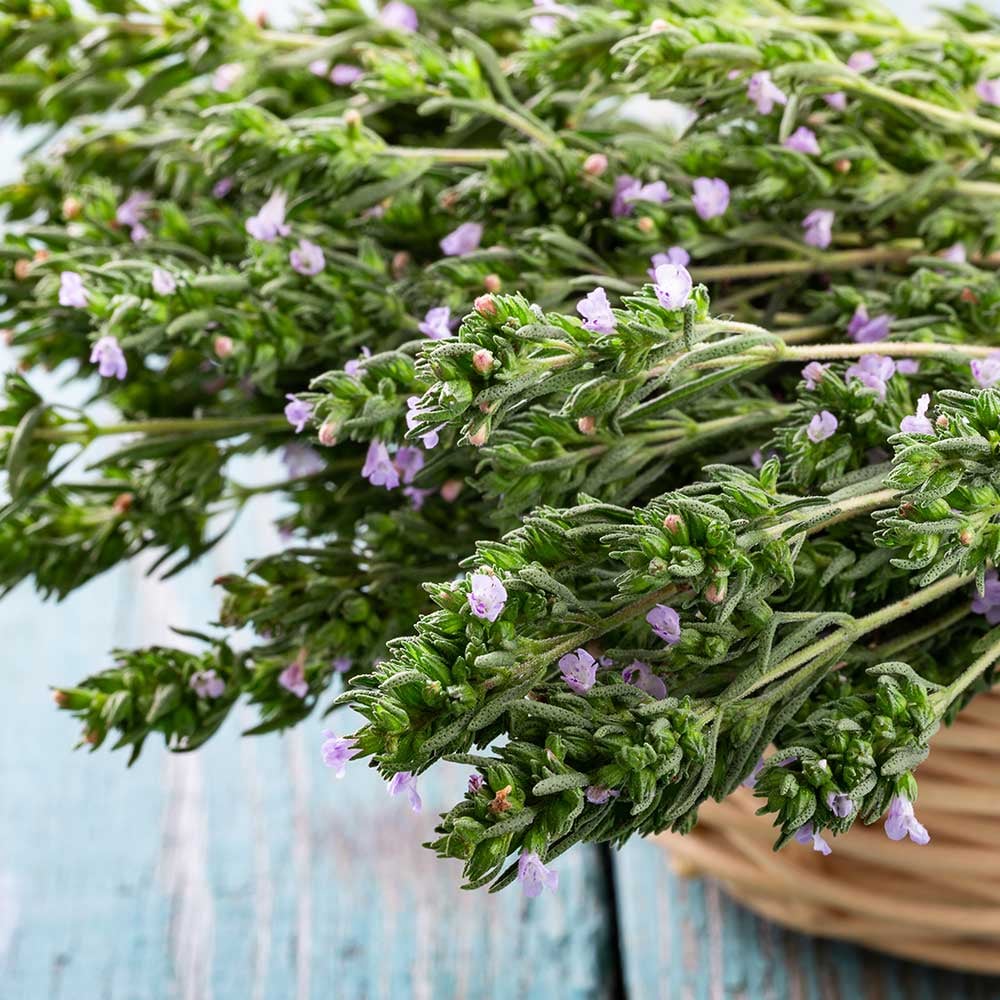
Thyme
Thyme is rich in the Omega 3 fatty acid DHA and enriches the diet of our pets with its digestive regulating properties.
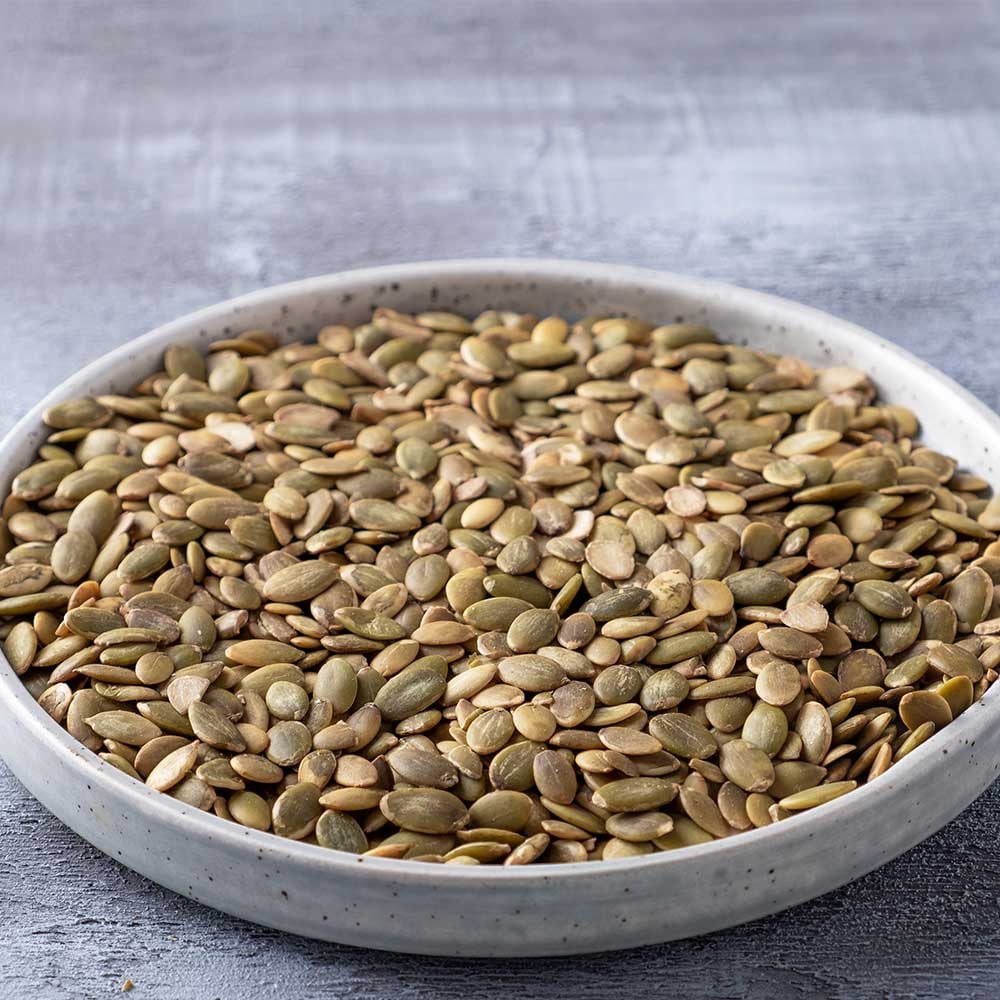
Pumpkin seeds
In addition to a high content of vitamin E, high-quality oils and trace elements, pumpkin seeds also contain important amino acids. Their cleansing effect on the intestines is also well known.
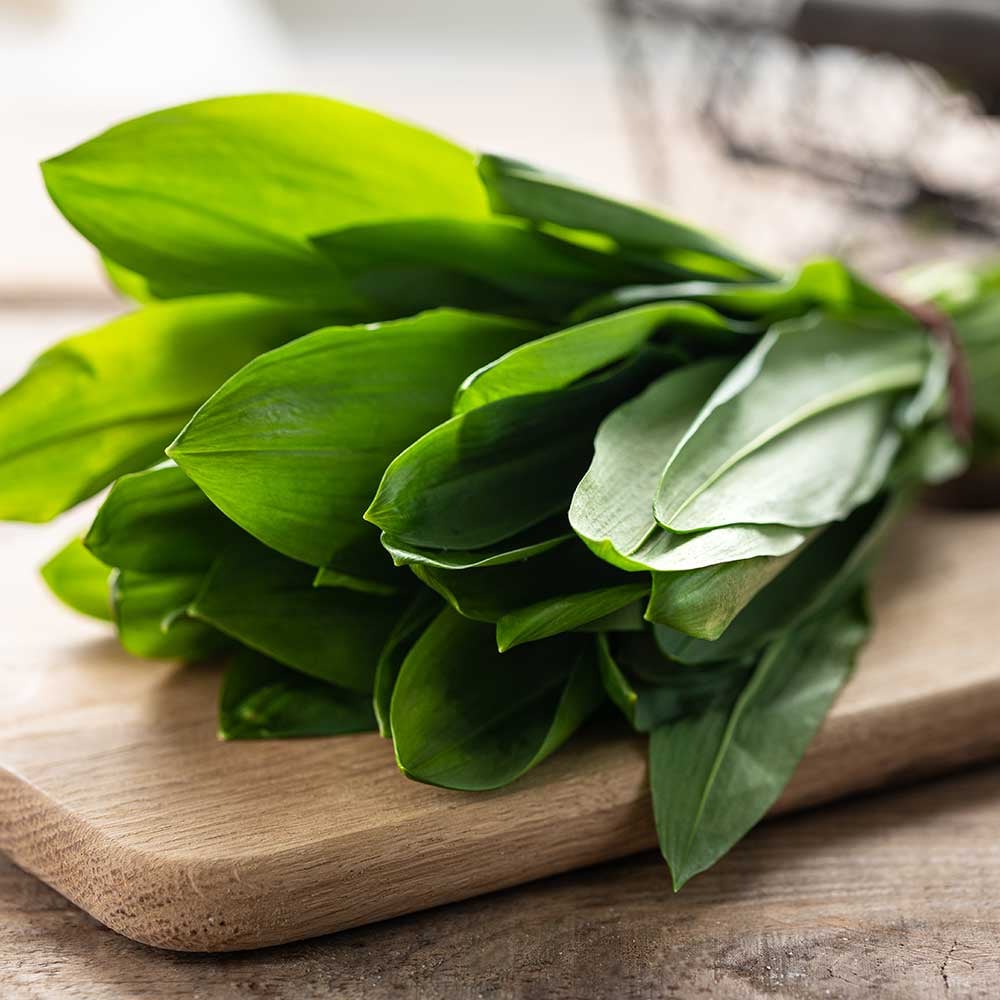
Wild garlic
Eating wild garlic is particularly beneficial as part of a natural intestinal cleansing. Wild garlic also has a positive effect on the intestinal flora.
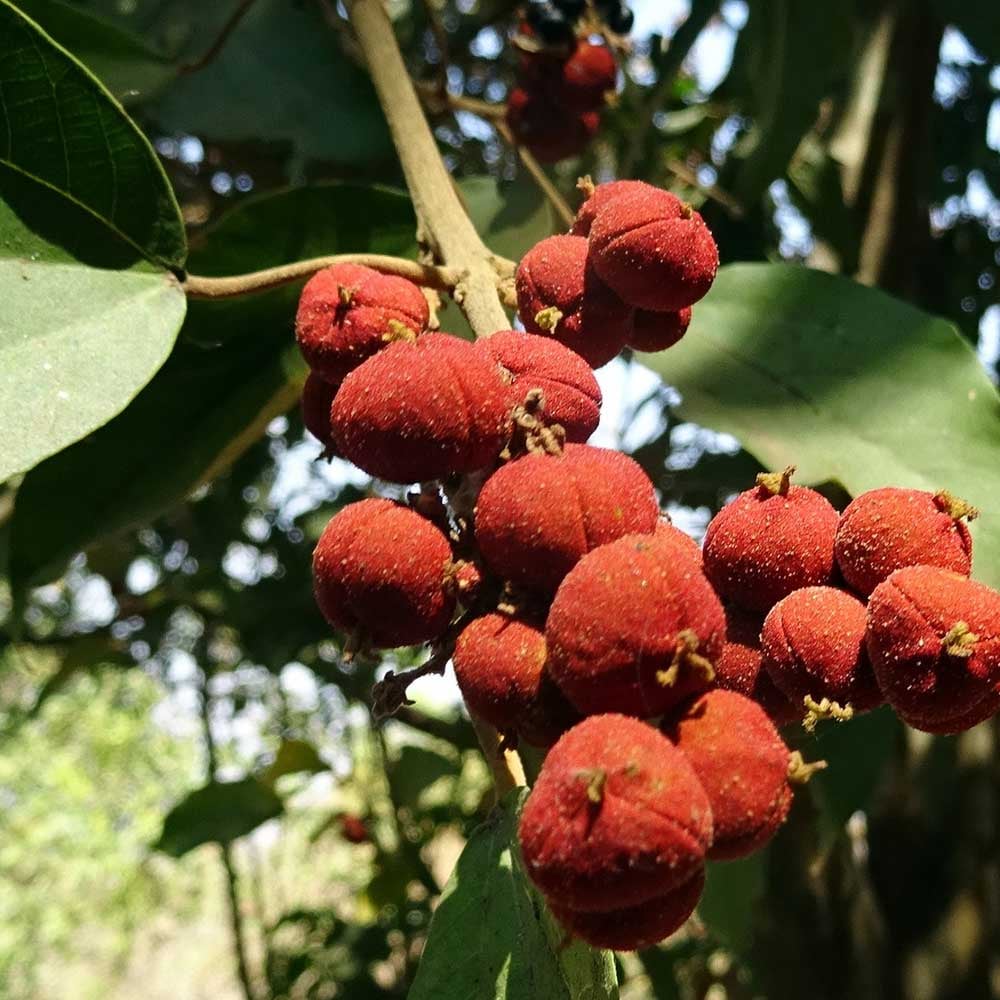
Kamala
Kamala belongs to the Euphorbiaceae family and has been used in nutrition for centuries to compensate for a wide variety of deficiencies.
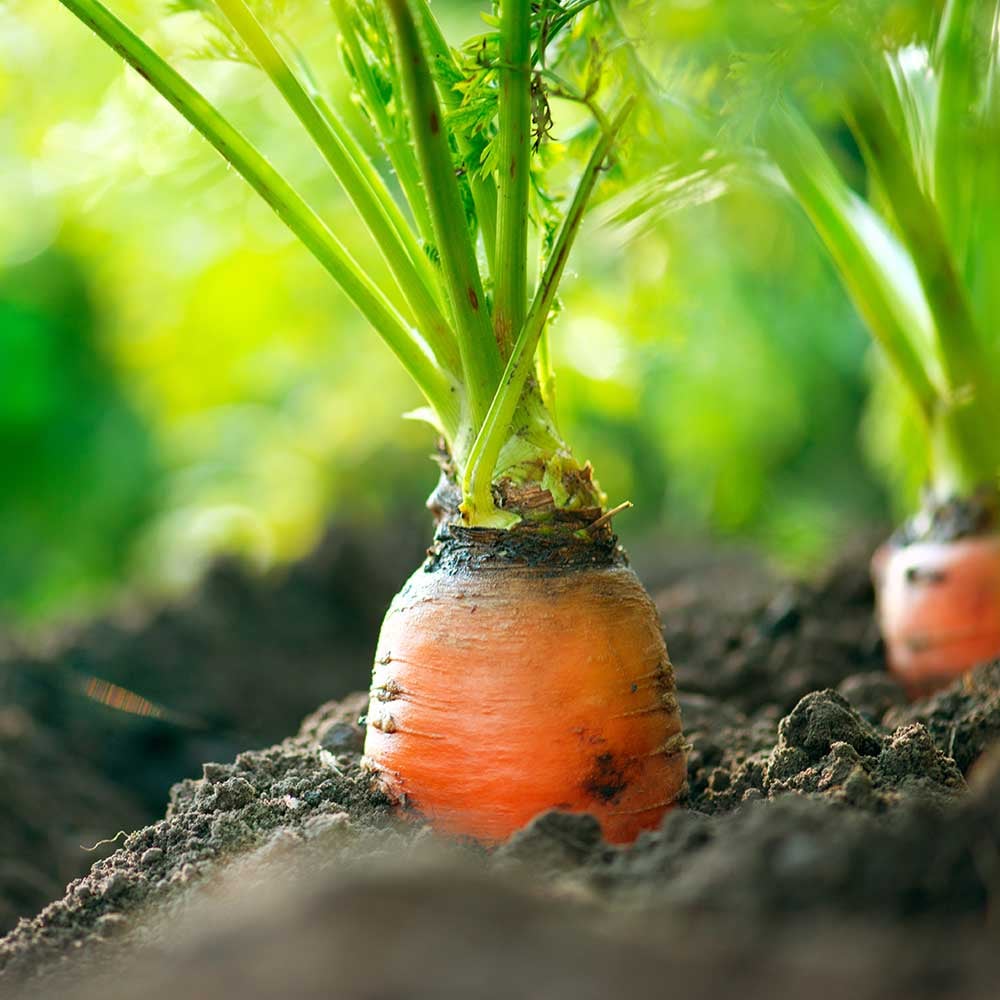
Carrots
Carrots have an antioxidant effect and, according to studies, have proven particularly effective in treating nutritional and digestive disorders in young animals.
